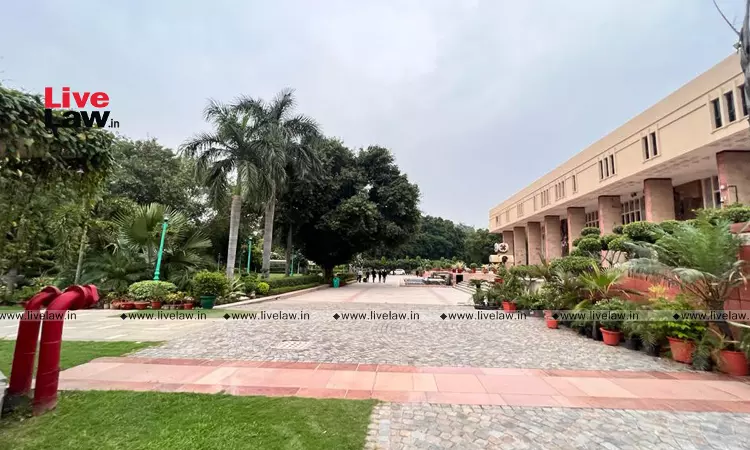Need For Broad Panel To Choose From To Ensure Arbitrator's Independence As Per Clause 64 of GCC: Delhi High Court
Rajesh Kumar
9 Feb 2024 9:30 AM IST

Next Story
9 Feb 2024 9:30 AM IST
The Delhi High Court bench comprising Justice Sachin Datta allowed an application made under Section 14 of the Arbitration and Conciliation Act, regarding the termination of an arbitrator's mandate under his former employment with the respondent, Northern Railway. The bench held that a broad-based panel should have been provided to the complainant and 4 was very less a number, coupled...
